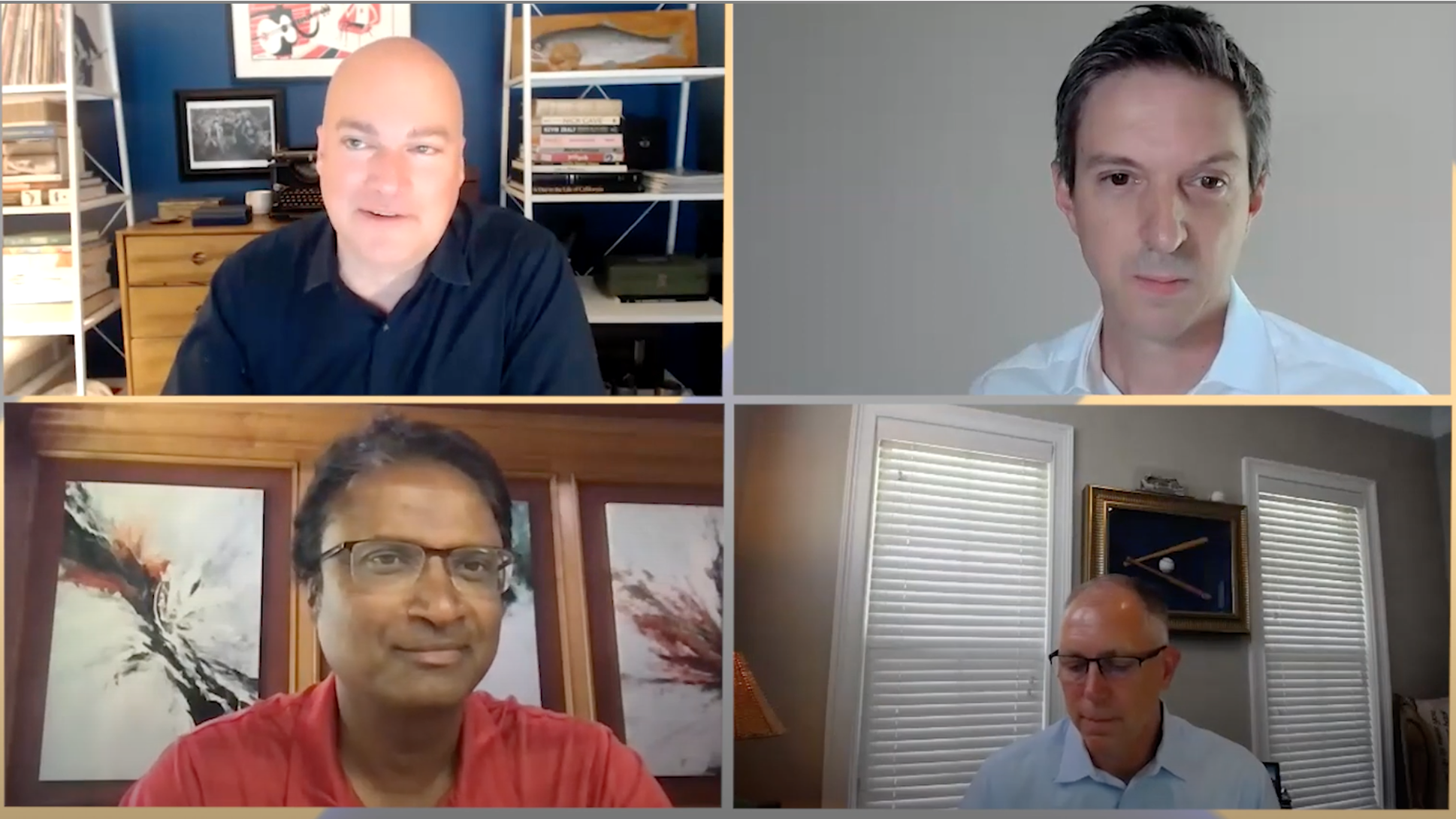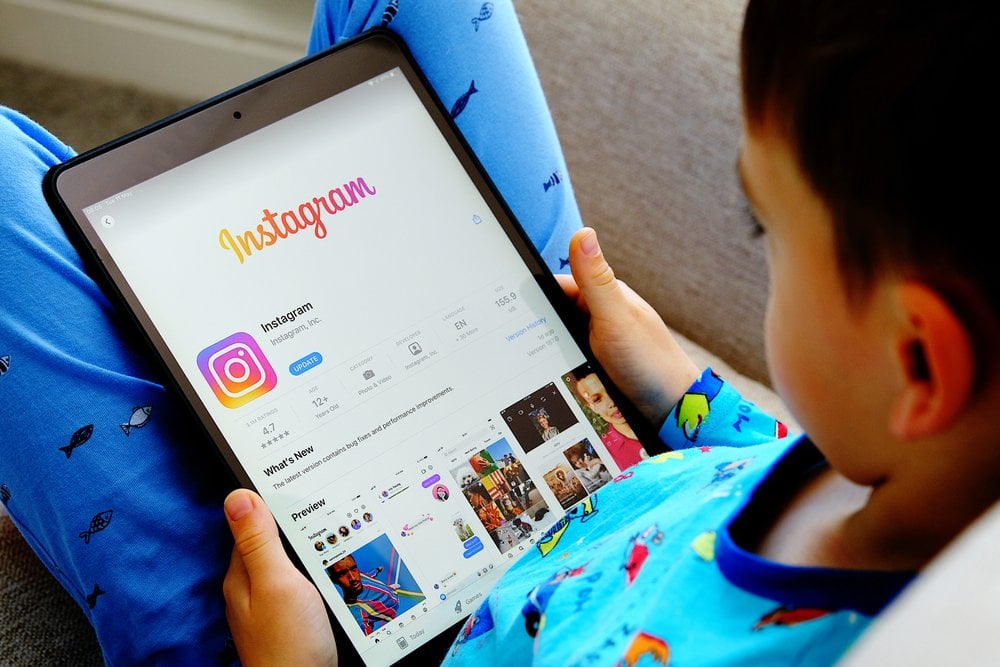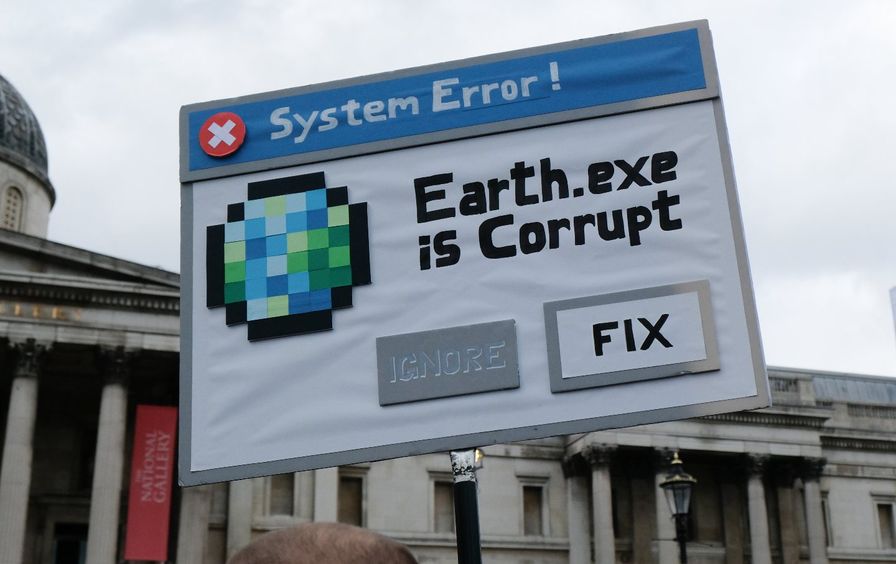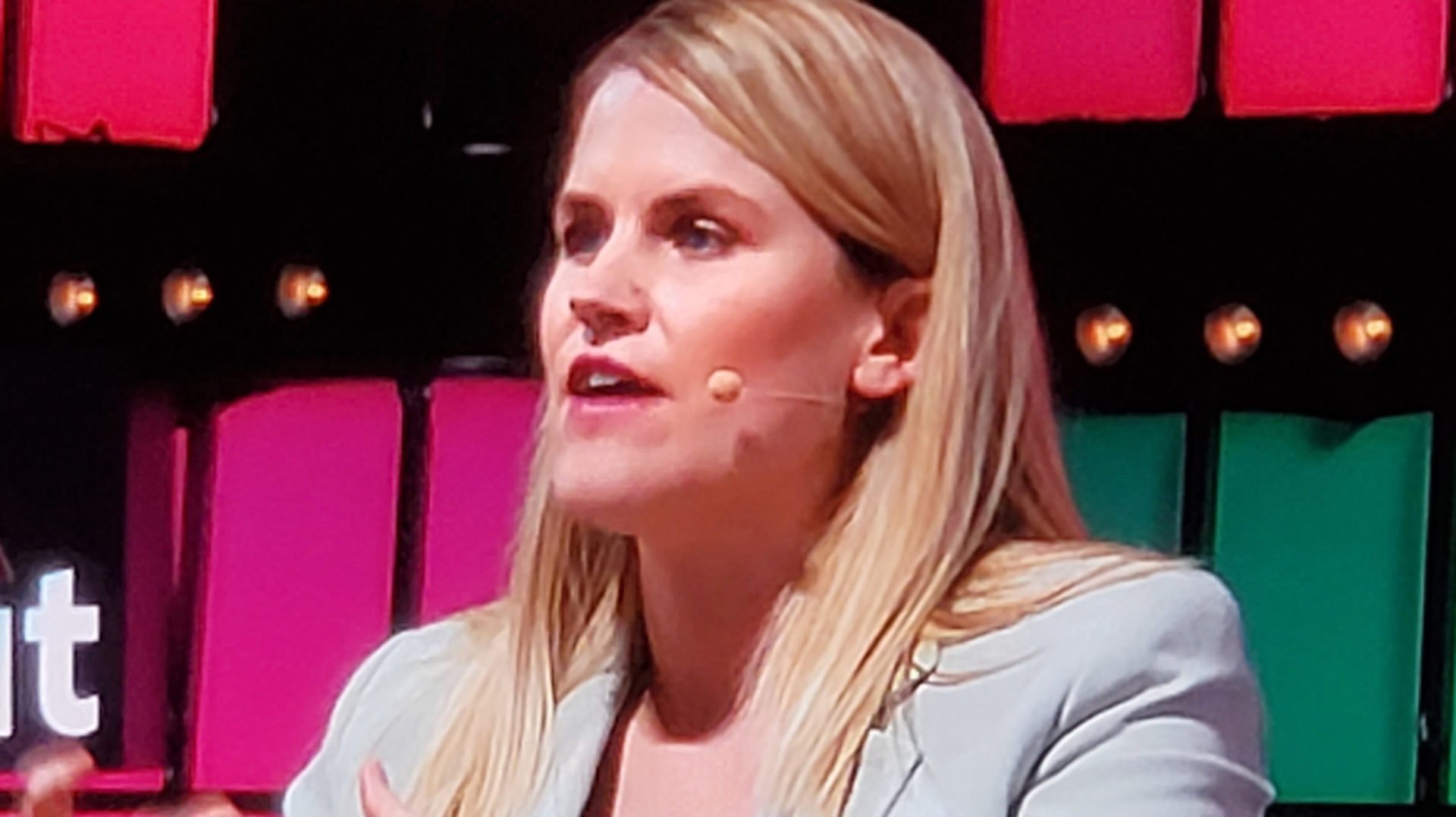In this session from Techonomy 2011 in Tuscon, Ariz., Sean Parker, Managing Partner of Founders Fund and a co-founder of Napster, talks about how he believes technology will revolutionize the music industry, and how companies like Spotify and Napster already have. Also appearing in this video: Jim Breyer of Accel Partners and Techonomy’s David Kirkpatrick.
Parker: I’ve watched for the last ten years as the four major record labels, now about to be three major record labels, have systematically failed to embrace any kind of interesting new models. They essentially have existed in a storefront mentality, which is a unit sales driven business, where you basically walk into a store, whether that store is physical or iTunes—iTunes even calls itself a store—and you buy music the way you’ve always bought music, with maybe some limited ability to sample, but there’s no social context whatsoever. You can’t see what your friends are listening to, you can’t listen to what they’re listening to without first buying it. And until you solve that problem of creating a free tier of experience where a consumer can look at their friend’s music collection, listen to a few play lists, add those to their collection, and then ultimately there’s a monetization event when the consumer either subscribes or decides, “You know what? I want to take that music with me on my iPod. I’ll pay to buy it in bulk”—that is an idea that we had proposed at Napster 11 years ago. It was an idea that took all of this time to mature, and, you know, unfortunately a huge amount of value has been lost in the meantime. I actually am of the belief—everyone thinks the publishing business is doing great. I think it’s hard to believe that music publishing continues to scale, because the multiples are already so high, you know, there’s so much growth baked into the valuations of these music publishing businesses, and that valuation assumes growth that may not actually exist, whereas the record business is in such a slump, due to the lack of great distribution systems that are able to monetize the direct consumption of music. Now we have that. You know, we’re starting to see it with Spotify, we’re starting to see it with things like Turntable, to some extent with Pandora. You know, I would be naïve to think that iTunes wouldn’t at some point pursue licenses which look something like the licenses we have at Spotify.
So the market’s changing rapidly, and it actually, we’ve presided over the largest destruction of value in the history of the music industry over the last 10 years. If we can just get the industry back to where it was 10 years ago, we will in effect have presided over the largest increase in value, by definition, in the music industry in the last 10 years. And so, you know, I think it’s an industry that’s poised for a significant comeback.
Sean Parker: Tech Isn’t Done Revolutionizing Music Industry
In this session from Techonomy 2011 in Tuscon, Ariz., Sean Parker, Managing Partner of Founders Fund and a co-founder of Napster, talks about how he believes technology will revolutionize the music industry, and how companies like Spotify and Napster already have.













